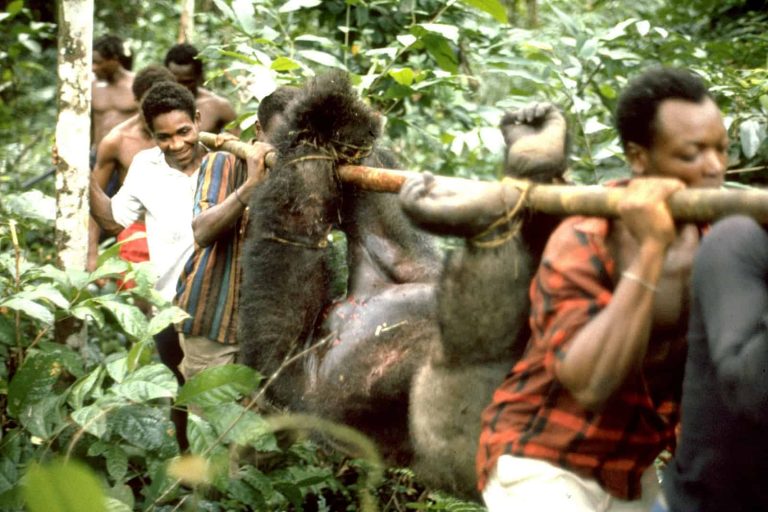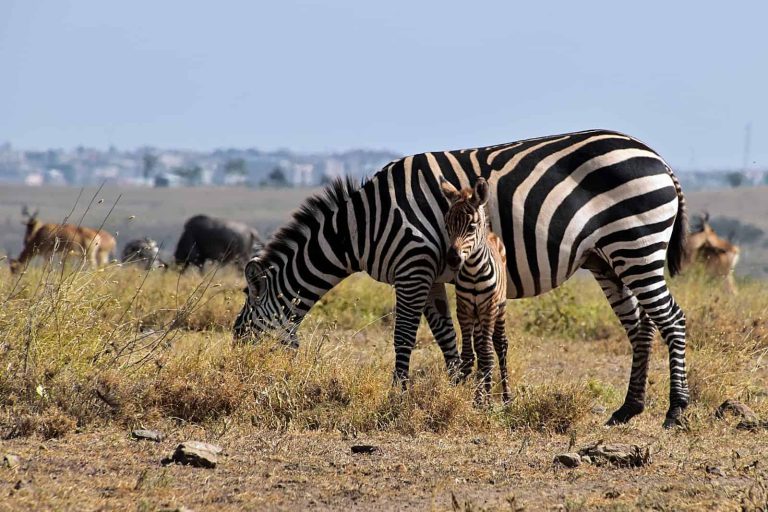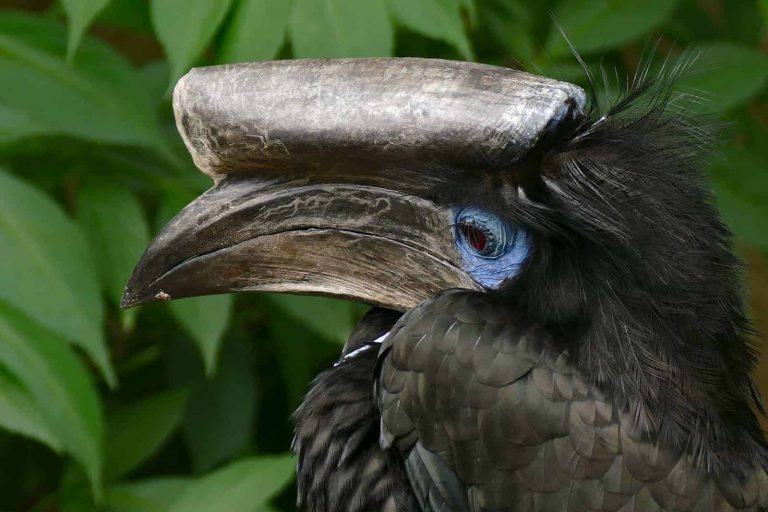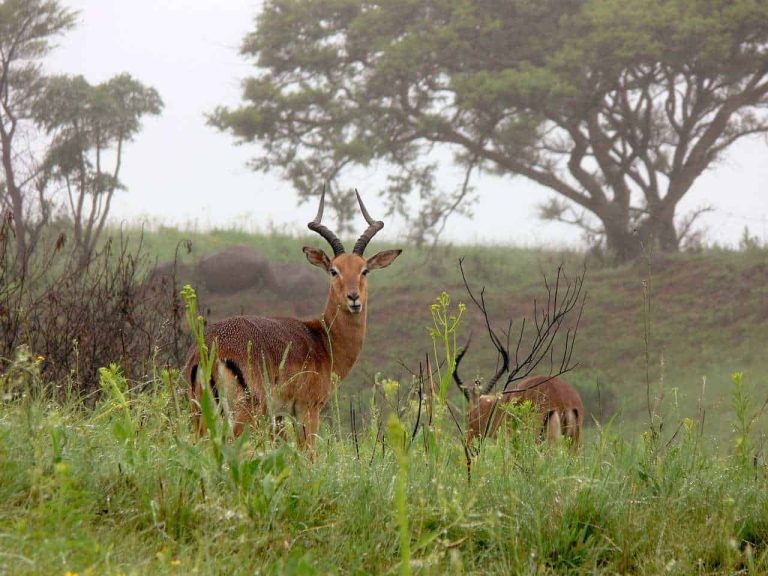Wild meat consumption significantly increases risk of zoonotic disease and poses major threat to terrestrial species – new UN Report
Bonn, 15 September 2021– The taking of animals for wild meat consumption within national borders is having significant impacts on most terrestrial species protected under the Convention on the Conservation of Migratory Species of Wild Animals (CMS), according to a new report released today. The report is the first of its kind and covered 105…





